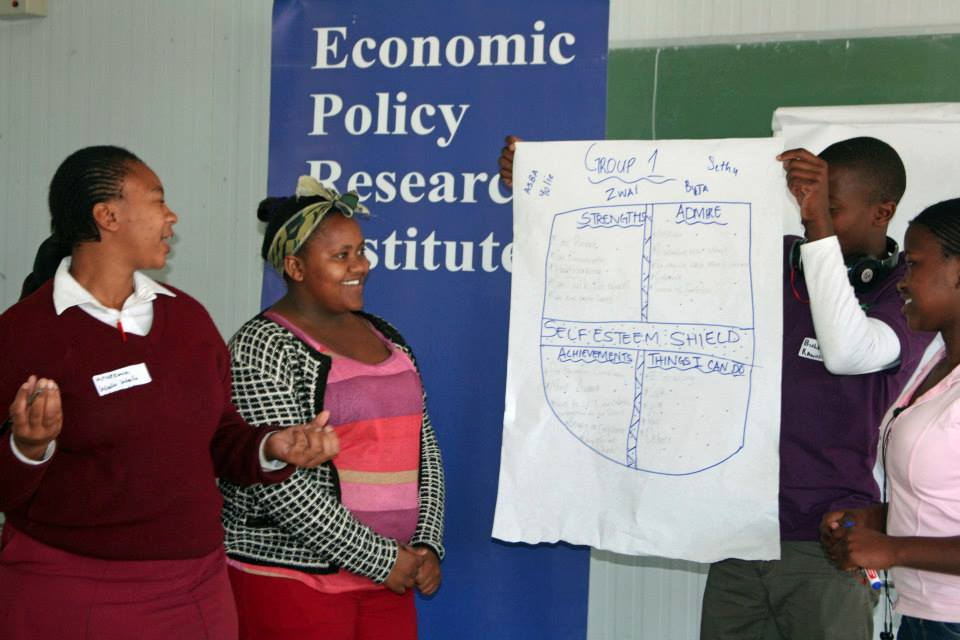Youth Programs as a Path to Financial Inclusion in South Africa
For social development impact, one of the strategies we have adopted by way of a pilot was to introduce the element of financial inclusion for the people who receive social grants on behalf of their children or their grandchildren, in the case of those looking after children who were orphaned.
So financial inclusion is the major theme that we have been trying out through a pilot program for savings. For me, the most celebrated thing about the CGAP and Ford Foundation intervention is that it brought in that element that most South Africans – and not only the ones that are poor – have not been able to put their energies and minds to and that is saving. People are being introduced to services that they would have not otherwise encountered or not been privy to. Now they can look at bank statements and see how they are doing in saving for a rainy day.
How is the government implementing the Graduation Approach?

We are approaching it in a multifaceted way because we understand and appreciate that poverty is a multidimensional problem. Just introducing savings as an instrument on its own may not help them reach the desired goals. So we incentivize their saving by matching it to at least some degree. Coupled to that we have youth development programs where young people are taught life skills across the board; about the choices they make and problem solving, conflict resolution and budgeting.
Additionally, we help the recipients of social grants on behalf of their children or grandchildren to understand how to work with money. So as a result they are taught things like budgeting, and handling cash flow in the family. So we have youth development programs as well as financial literacy programs offered together with financial inclusion.
What have been some of the greatest challenges?
We decided to design the program to have a rural component and an urban component. Obviously the modalities and the infrastructure issues are not the same in the two areas so often we find that people in rural areas have difficulties in reaching the financial institutions. So there are financial implications for them just to get there. Sometimes when they do get to the banks and they try to get assistance with opening a bank account, some of them are illiterate and the bank staff are not well equipped to help them at their level of literacy.
Another of the challenges we have as government is the extent of fragmentation of programs that try to address the same problem. As a result, even though this could be the only program some people are involved with in social development, you find that these same people are also involved with the public works program under the Department of Public Works. We are slowly trying to better integrate our efforts to discover how we might leverage any synergies but that’s still got a long way to go.
What are some lessons you’ve learned so far, and what do want to learn more about?
There are competing policy areas within government. Recognizing that the Graduation style or approach might not get the kind of prominence within the government that we might expect because there are other areas considered more urgent for policy attention, particularly addressing youth unemployment. Also, we were not excluded from the global economic meltdown; in fact, we were probably hurt more than some others.
But there are spinoffs from this project because people are more confident about their lives. They are more responsible because they appreciate the fact that they have value, that they matter and they’ve got long-term plans they can look forward to as a result of their savings and investments. Things they would not have had in the past because they would have been unaware that these things existed or were available.
I hope that I will be able to meet with people who have a similar socioeconomic context to that in South Africa, who’ve got stories to share with regard to best practices and how they have managed to overcome some of these challenges that we are facing in South Africa. Also that I will be able to appreciate better what the Graduation Approach is and what it can do. I must confess that I still need to be convinced that Graduation is the best path to explore because when you talk about Graduation you usually are talking about people who are receiving social assistance within the social protection framework or in which social protection is supposed to a life long buffer for those people who encountered difficulties during their lifetimes.




Add new comment